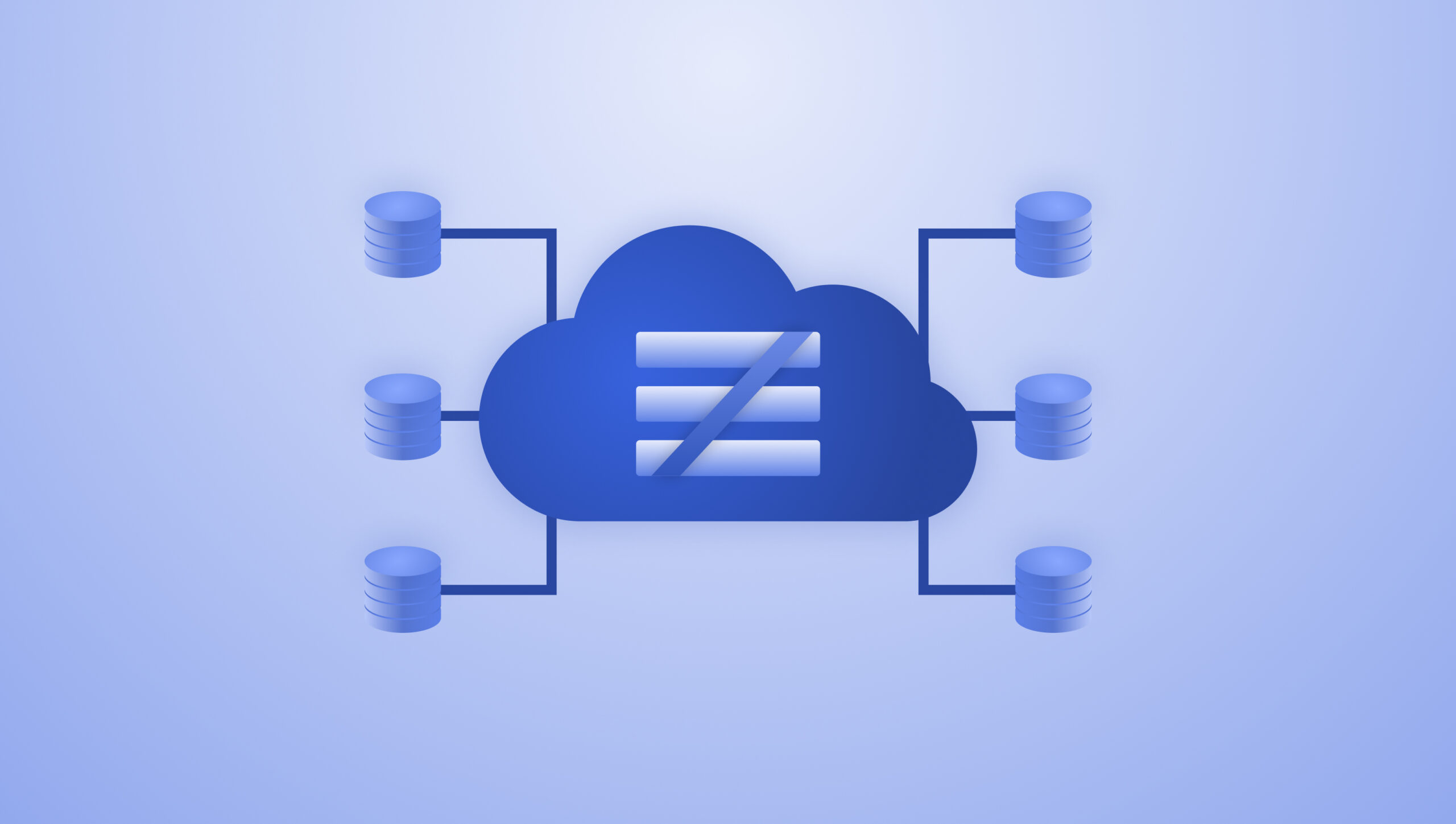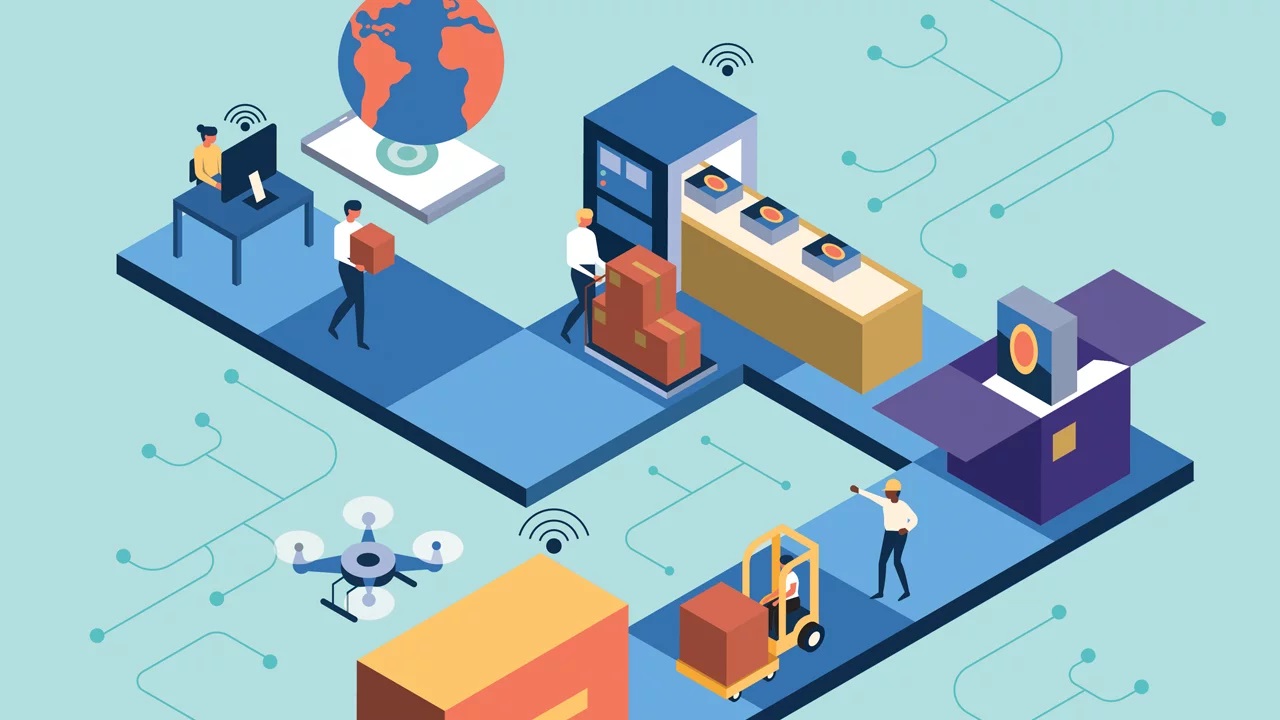In the fast-paced world of customer support, staying ahead of the curve is imperative for businesses looking to provide exceptional service. That’s where customer service software comes into play. This innovative technology offers a comprehensive suite of tools designed to streamline operations, enhance efficiency, and elevate the overall customer experience.
Understanding the Role of Customer Service Software
Customer service software serves as the backbone of modern customer support operations. It provides a centralized platform for managing interactions, tracking inquiries, and resolving issues efficiently. From helpdesk solutions to omnichannel support systems, customer service software offers a wide range of features tailored to meet the diverse needs of businesses and their customers.
The Benefits of Customer Service Software
- Centralized Communication:
With customer service software, all customer inquiries and interactions are consolidated into a single, easily accessible interface. This ensures that support agents have a complete view of each customer’s history and can provide personalized assistance more effectively.
- Automation and Efficiency:
By automating repetitive tasks and workflows, customer service software improves efficiency and reduces the time spent on manual processes. This allows support teams to focus on more complex issues and deliver faster response times to customers.
- Omnichannel Support:
Customer service software enables businesses to offer support across multiple channels, including email, chat, phone, and social media. This ensures that customers can reach out for assistance using their preferred communication method, leading to higher satisfaction levels.
- Data-driven Insights:
Advanced analytics capabilities built into customer service software provide valuable insights into customer behavior, preferences, and trends. This allows businesses to make data-driven decisions and identify areas for improvement in their support processes.
Key Features of Customer Service Software
- Ticketing System:
A robust ticketing system allows support teams to manage and prioritize customer inquiries effectively, ensuring that no issue falls through the cracks.
- Knowledge Base:
A comprehensive knowledge base provides customers with self-service options, allowing them to find answers to common questions and issues on their own.
- Live Chat:
Live chat functionality enables real-time communication between customers and support agents, facilitating quick resolution of inquiries and issues.
- Reporting and Analytics:
Detailed reporting and analytics tools allow businesses to track key metrics such as response times, resolution rates, and customer satisfaction scores, helping them monitor performance and identify areas for improvement.
Choosing the Right Customer Service Software
- Scalability:
Select a customer service software solution that can scale with your business as it grows, accommodating increasing volumes of inquiries and users without sacrificing performance.
- Ease of Use:
Look for a customer service software solution that is intuitive and easy to use, both for support agents and customers. A user-friendly interface ensures that everyone can navigate the system with ease.
- Integration:
Ensure that the customer service software solution you choose can integrate seamlessly with your existing tools and systems, such as CRM software, helpdesk platforms, and communication channels.
Conclusion
In today’s competitive business landscape, providing exceptional customer support is essential for building brand loyalty and driving long-term success. By investing in customer service software that offers automation, omnichannel support, and data-driven insights, businesses can streamline their support operations, enhance efficiency, and deliver a superior customer experience. In the end, the right customer service software is not just a tool—it’s a strategic investment in the future of your business.




